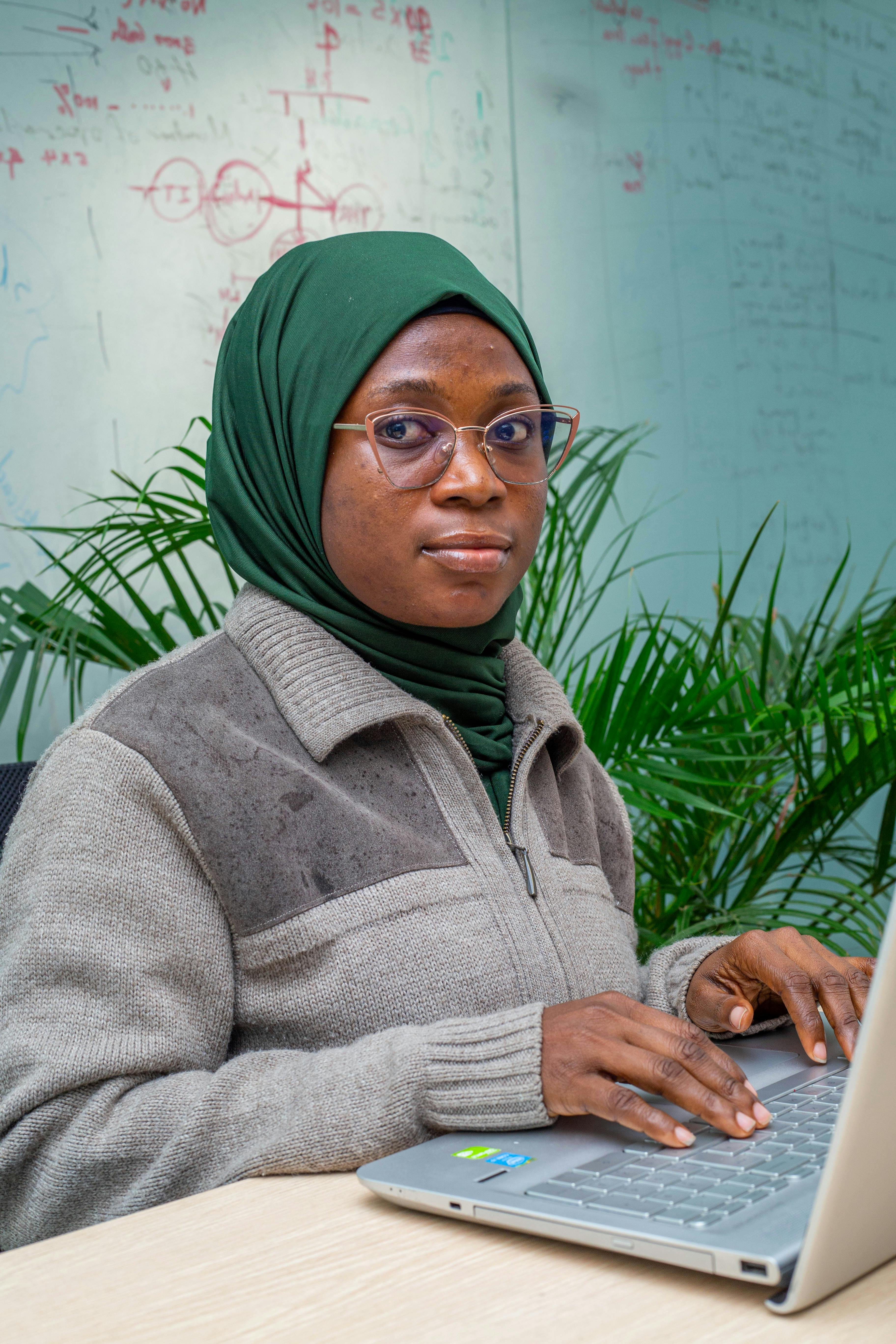International Youth Day 2025: Youth Advancing Multilateral Cooperation Through Technology and Partnerships
Today August 12th, the world celebrates International Youth Day 2025 under the theme, “Youth Advancing Multilateral Cooperation Through Technology and Partnerships.” In an era marked by global uncertainty from climate change and conflict to food insecurity and economic shocks this theme underscores the transformative role of young people in building more connected, innovative, and resilient societies.
Multilateral cooperation, once the domain of diplomats and policymakers, is being reimagined by youth across the globe. Young leaders are forging cross-border networks, exchanging knowledge through digital platforms, and co-creating scalable solutions that address shared challenges. Technology has become their most powerful tool: from artificial intelligence and blockchain to mobile apps and satellite data, youth are using digital innovation to drive change in agriculture, education, governance, and health.

Photo by Alexander Suhorucov
Youth are increasingly stepping into influential roles on the global stage, actively shaping the conversations and decisions that define our shared future. Through high-impact platforms such as the UN ECOSOC Youth Forum, Youth4Climate: Driving Ambition, and the Commonwealth Youth Forum, young leaders are not only voicing their perspectives but are helping to craft policies and frameworks that guide global development. Regional engagements like the African Union Youth Envoy dialogues are also amplifying youth agency in continental priorities. Their involvement in high-stakes arenas such as the COP climate summits particularly through YOUNGO , the official youth constituency of the UNFCCC demonstrates their growing authority in areas like climate negotiations, adaptation finance, and intergenerational equity. Moreover, platforms like the YouthConnekt Africa Summit and the Global Youth Summit are equipping young changemakers with tools to forge lasting partnerships across regions and sectors. This dynamic engagement marks a fundamental shift in global cooperation from hierarchical diplomacy to inclusive, tech-enabled, youth-led multilateralism that reflects the urgency and innovation of the next generation.
Across Africa, youth are using tech and partnerships not just to improve livelihoods, but to create resilient, future-proof communities. In the agrifood sector, for example, they are building digital platforms that empower smallholder farmers, improve market access, and increase productivity despite climate-related disruptions. One inspiring example is Farmunera, a youth-led AgriFinTech company with offices in Abu Dhabi (UAE), Ede (Netherlands), and Kampala (Uganda). Since January 2023, Famunera has pivoted from a B2C model serving smallholder farmers to a digital integrated B2B platform connecting agribusinesses and farmer organizations to export markets and affordable trade financing. By leveraging technology, strategic partnerships, and market linkages, Famunera is helping to strengthen the agricultural value chain, increase trade opportunities, and build more resilient food systems across Africa.
Such innovations are part of a broader movement where African youth are using digital solutions to stabilise local economies and communities. Also fintech startups, such as ThriveAgric in Nigeria and Apollo Agriculture in Kenya, are providing smallholder farmers with access to mobile loans, insurance, inputs, and financial literacy tools that were previously out of reach. Platforms like Numida in Uganda offer unsecured credit to micro-entrepreneurs through mobile technology, enabling them to grow their agribusinesses. Healthtech platforms are enabling remote consultations and health tracking in rural areas, while EdTech solutions are bringing learning to marginalised learners, even in conflict-affected regions. These tech-driven interventions are contributing directly to the stability, inclusiveness, and resilience of communities across the continent proving that when youth-led innovation is supported, entire systems can be transformed from the ground up.

Photo by Judah 01
Today’s youth are not merely advocating for change, they are engineering it through innovation, technology, and global collaboration. By leveraging digital tools, forming strategic alliances, and launching socially impactful ventures, young people are redefining multilateral cooperation and actively shaping a more inclusive and resilient world. This shift holds profound potential for inclusive economic growth, as youth-led innovation opens doors to new markets, diverse perspectives, and tech-enabled solutions that address real-world challenges. Businesses that invest in these dynamic young changemakers gain access to fresh ideas and socially conscious models, while youth entrepreneurs drive employment, strengthen institutional trust, and build competitive, sustainable economic systems for the future. For Africa, where over 60% of the population is under the age of 25, this youth-driven transformation is not just hopeful, it is essential. As young Africans scale innovative businesses, launch purpose-driven platforms, and engage in cross-border collaboration, they are positioning themselves as key actors in shaping a more stable, prosperous, and cooperative world.
As we observe International Youth Day 2025, we must go beyond recognition and take meaningful action. Governments, development partners, private sector actors, and civil society must fund, mentor, and elevate youth-led digital solutions. We must ensure that young innovators, especially from underserved and rural communities have access to technology, capital, policy support, and global platforms where they can contribute and lead. Today’s youth are not just the leaders of tomorrow, they are builders of resilient communities today. They are creating the systems that feed us, connect us, protect our planet, and inspire hope across borders. With various success stories, the evidence is clear: when young people are empowered with the right tools and trusted as partners, they deliver transformative impact at scale.
Title image by Photo by Muhammad-Taha Ibrahim
Sheila Mary Bahonya,
Agripreneurship Alliance
12 August 2025